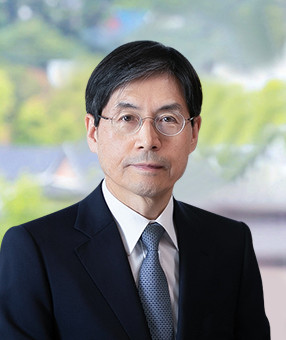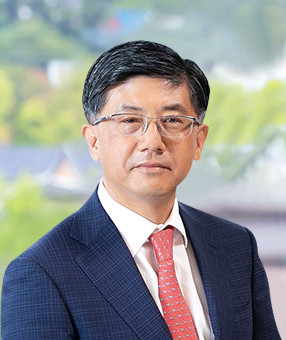As of March 11, 2020, a major amendment to the Korean Patent Act became effective to broaden the scope of process patent protection to cover online transmission of patented software.
A patent holder has the right to exclude others from practicing the patented invention, meaning that if any third party practices the patented invention without authorization from the patent holder, such act will constitute patent infringement.
Most patentable inventions can be broadly divided into “article” inventions and “process” inventions. Software can be claimed as an article invention (e.g., software-installed apparatus or software recording medium), or a process invention. Under the previous Patent Act, if a patent is directed to an article invention, the patent is practiced through the acts of producing, using, transferring, leasing, importing, or offering for sale or lease of the patented article. If a patent is directed to a process invention (as distinguished from an invention for a manufacturing process), the patent can be practiced only through the act of utilizing the process.
This has meant that in Korea, a patent claiming software as an article could only be enforced if the accused software was actually stored on a recording medium (e.g., USB or CD) and produced, transferred and distributed offline by a third party. However, distributing software to users online without using any recording medium has not constituted “practicing” a patent claiming software as an article invention. Moreover, it had been unclear whether such an act of distribution would infringe a software patent claimed as a process invention, leading to difficulties in using patents to protect software in Korea. In view of the increasing shift in software distribution from offline to online channels, many practitioners in Korea have seen the need to solve the software patent problem.
The amended Patent Act adds provisions that broaden the definition of “practicing” a patent directed to a process invention, in order to expressly cover the act of offering the process for use (Article 2 (3) (b)). The amendment is expected to allow effective enforcement of patent rights in Korea against unauthorized acts of transmitting patented software programs online.
To prevent undue harm to the software industry, the amendment also adds subjective “knowledge” as a requirement for finding infringement based on the act of offering the process for use (Article 94 (2)). In other words, the patent would only be enforceable against unauthorized online transmissions if the transmitting party “knew” that the use of the process would infringe the patent.
Under these amendments, it should now be possible to enforce a process patent on software against the online transmission of such software if the software program, once downloaded and installed by the end user, performs the claimed process steps, and the person offering the download is aware that the claimed steps will be performed. Patentees intending to enforce software process patents in this way may wish to consider sending warning letters to offending online distributors prior to filing suit, to ensure that the knowledge requirement is met.
Related Topics







